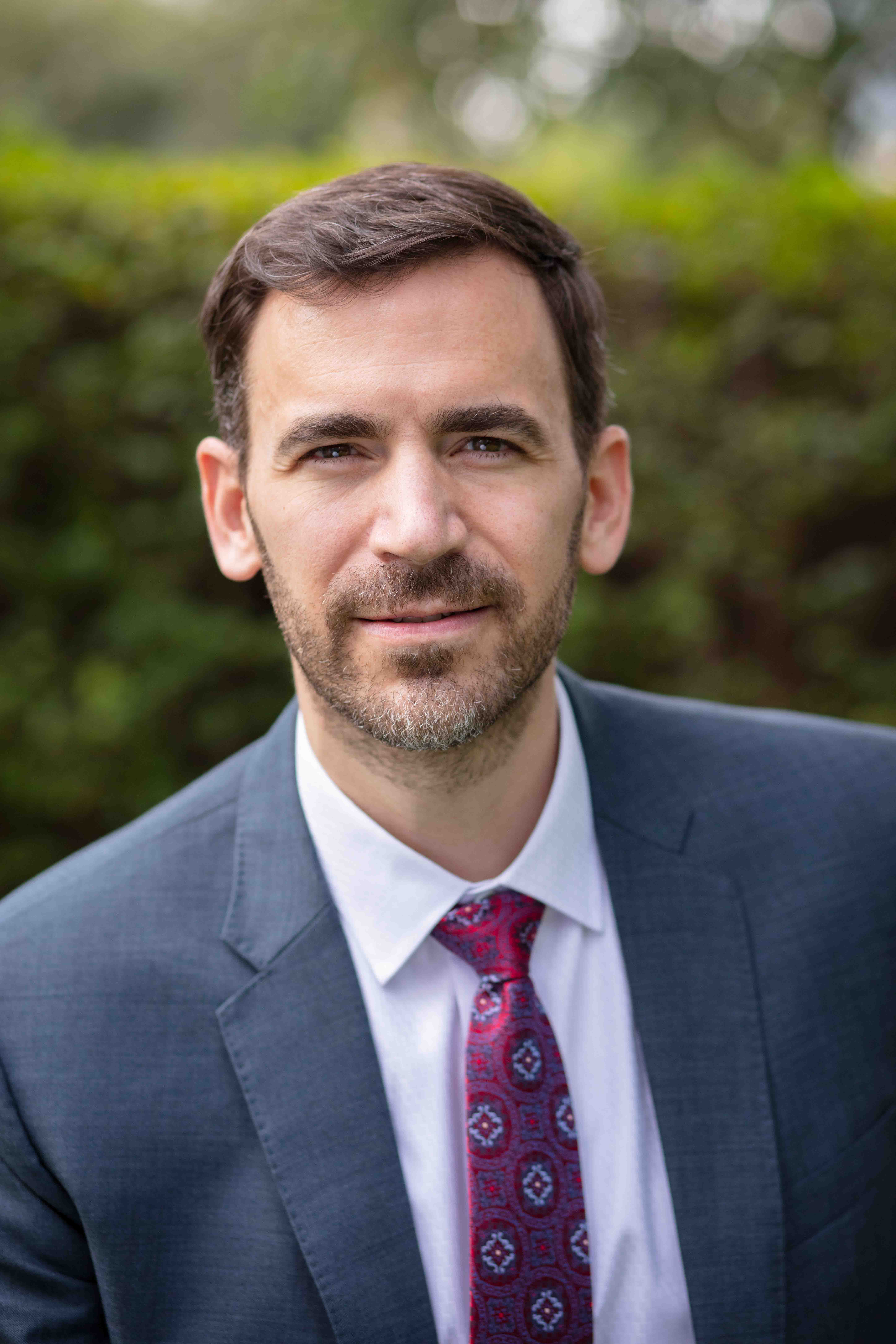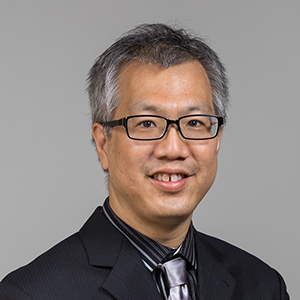
Keynote 1
Blockchain for Education and Employment: Creating an Open Architecture for the Learning Economy
Speaker:
Dr. Wesley Teter, Senior Consultant, Section for Educational Innovation and Skills Development, UNESCO Asia and Pacific Regional Bureau for Education, Bangkok, Thailand
Abstract:
The impacts of COVID-19 have transformed education and employment systems leaving vulnerable learners most at risk. The pandemic has led to massive job losses, particularly among youth and women, and deepened education inequality worldwide. A new architecture for collaboration and accountability is urgently needed to build trust and reinvigorate inclusive and sustainable development. As a tool, blockchain for education has the potential to provide meaningful solutions to document learning, leverage data and create a decentralized value chain that is learner-centred, responsive and transparent. This talk will provide an overview of persistent challenges and emerging opportunities to develop an open architecture for quality education and employment. The aim is to build a learning economy that is relevant to local needs, facilitates mobility of learners, enables cross-country recognition of learning experiences and outcomes, and leverages frontier technologies to achieve quality education and decent work for all. Through UNESCO’s humanistic lens and the World Bank's Blockchain for Education Community of Practice (COP), three use cases will explore innovative efforts to overcome fragmentation in education and employment systems in Asia-Pacific and co-create global public goods for the learning economy.
Bio:
Dr. Wesley Teter is a Senior Consultant for UNESCO’s Asia and Pacific Regional Bureau for Education in Bangkok, Thailand. He serves as an advisor to the Learning Economy Foundation and is a featured speaker in the World Bank's EdTech series on blockchain for education. His research focuses on understanding policy implementation, collaborative governance, and accountability in development contexts. He is a co-editor of the Handbook of Education Policy by Edward Elgar Publishing (forthcoming in 2022) and co-editor of two UNESCO guidelines on developing and implementing qualification frameworks in Asia and the Pacific. He has led teams in successfully mobilizing resources from partners such as the Asian Development Bank, the European Commission, Malaysia Funds-in-Trust, Korea Funds-in-Trust, Shenzhen Funds-in-Trust, U.S. Department of State, and the World Bank. He is currently teleworking from Normandy in France.
Dr. Wesley Teter, Senior Consultant, Section for Educational Innovation and Skills Development, UNESCO Asia and Pacific Regional Bureau for Education, Bangkok, Thailand
Abstract:
The impacts of COVID-19 have transformed education and employment systems leaving vulnerable learners most at risk. The pandemic has led to massive job losses, particularly among youth and women, and deepened education inequality worldwide. A new architecture for collaboration and accountability is urgently needed to build trust and reinvigorate inclusive and sustainable development. As a tool, blockchain for education has the potential to provide meaningful solutions to document learning, leverage data and create a decentralized value chain that is learner-centred, responsive and transparent. This talk will provide an overview of persistent challenges and emerging opportunities to develop an open architecture for quality education and employment. The aim is to build a learning economy that is relevant to local needs, facilitates mobility of learners, enables cross-country recognition of learning experiences and outcomes, and leverages frontier technologies to achieve quality education and decent work for all. Through UNESCO’s humanistic lens and the World Bank's Blockchain for Education Community of Practice (COP), three use cases will explore innovative efforts to overcome fragmentation in education and employment systems in Asia-Pacific and co-create global public goods for the learning economy.
Bio:
Dr. Wesley Teter is a Senior Consultant for UNESCO’s Asia and Pacific Regional Bureau for Education in Bangkok, Thailand. He serves as an advisor to the Learning Economy Foundation and is a featured speaker in the World Bank's EdTech series on blockchain for education. His research focuses on understanding policy implementation, collaborative governance, and accountability in development contexts. He is a co-editor of the Handbook of Education Policy by Edward Elgar Publishing (forthcoming in 2022) and co-editor of two UNESCO guidelines on developing and implementing qualification frameworks in Asia and the Pacific. He has led teams in successfully mobilizing resources from partners such as the Asian Development Bank, the European Commission, Malaysia Funds-in-Trust, Korea Funds-in-Trust, Shenzhen Funds-in-Trust, U.S. Department of State, and the World Bank. He is currently teleworking from Normandy in France.

Keynote 2
Research Fast and Slow
Speaker:
Min-Yen Kan, Associate Professor, School of Computing, National Univesity of Singapore
Abstract:
Research has benefitted from the current age of accelerations, as evidenced from the increase in the publishing rate and volume of new scholarly work. We first characterise this research fast trend and follow by discussing how digital libraries can help further improve research productivity through the application of NLP on scholarly discourse. We also discuss the benefits of research slow -- the active, strategic application of a mix of long-term challenges, policy and forecasting. We end with a challenge to scholars to commit to time to slow research and its imaginative ends.
Bio:
Min-Yen Kan (BS;MS;PhD Columbia Univ.) is an associate professor at the National University of Singapore. He is a senior member of the ACM and a member of the IEEE. Currently, he is an associate editor for the journal "Information Retrieval" and is the Editor for the ACL Anthology, the computational linguistics community's largest archive of published research. His research interests include digital libraries and applied natural language processing. Specific projects include work in the areas of scientific discourse analysis, full-text literature mining, machine translation and applied text summarization.
Min-Yen Kan, Associate Professor, School of Computing, National Univesity of Singapore
Abstract:
Research has benefitted from the current age of accelerations, as evidenced from the increase in the publishing rate and volume of new scholarly work. We first characterise this research fast trend and follow by discussing how digital libraries can help further improve research productivity through the application of NLP on scholarly discourse. We also discuss the benefits of research slow -- the active, strategic application of a mix of long-term challenges, policy and forecasting. We end with a challenge to scholars to commit to time to slow research and its imaginative ends.
Bio:
Min-Yen Kan (BS;MS;PhD Columbia Univ.) is an associate professor at the National University of Singapore. He is a senior member of the ACM and a member of the IEEE. Currently, he is an associate editor for the journal "Information Retrieval" and is the Editor for the ACL Anthology, the computational linguistics community's largest archive of published research. His research interests include digital libraries and applied natural language processing. Specific projects include work in the areas of scientific discourse analysis, full-text literature mining, machine translation and applied text summarization.